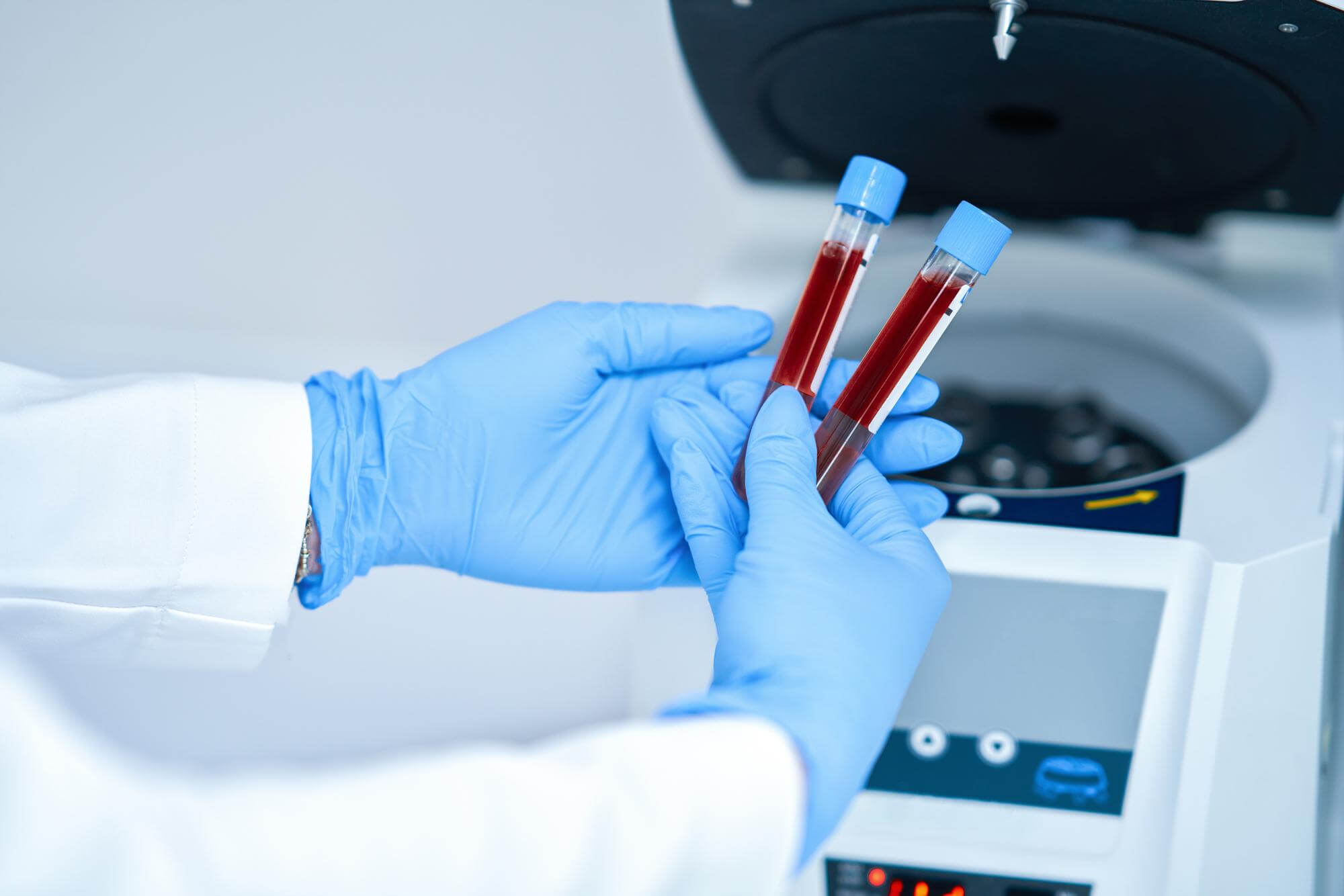How to avoid an allergic reaction to apricots


Viktor Levchenko
What is an apricot allergy?
Apricot allergy is a reaction of the immune system to the proteins contained in apricots. It is a common disease, which can occur in people of different ages, including children. It is important to know that apricot allergy can have varying degrees of severity and manifest as individual symptoms.
Causes of apricot allergy
The main cause of apricot allergy is a violation of the immune system, which begins to perceive apricot proteins as harmful substances. Thus, an allergic reaction occurs. Genetic predisposition, the presence of other allergies or atopic diseases may increase the risk of allergy to apricots.
Symptoms of apricot allergy

Typical symptoms of apricot allergy include:
- Itching and redness of the skin;
- Swelling of the face, lips, tongue, or throat;
- runny nose, stuffy nose, sneezing;
- red and itchy eyes;
- Nausea, vomiting, diarrhea, or abdominal pain;
- difficulty breathing, shortness of breath, wheezing.
Symptoms in children
In children, apricot allergy may manifest as symptoms such as:
- hives;
- atopic dermatitis;
- bronchial asthma;
- allergic rhinitis;
- Food allergies with gastrointestinal disorders.
How to distinguish apricot allergy from other diseases?
An apricot allergy can have similar symptoms to other illnesses such as the flu, colds, or GI infections. However, allergies is characterized by the onset of symptoms immediately after contact with the allergen (in this case, apricots) and the rapid disappearance of symptoms when contact ceases.
Diagnosis of apricot allergy

The following tests are used to diagnose apricot allergy:
- skin tests (prick or application tests);
- blood tests for specific immunoglobulin class E (IgE);
- Provocative tests (under a physician's supervision).
Treatment of apricot allergy
The most effective way to treat apricot allergy is to avoid contact with the allergen completely. This means excluding apricots from the diet, as well as products containing them.
If contact with the allergen has occurred, the following medications can be used to reduce symptoms:
Antihistamines (tablets or syrups) such as loratadine, cetirizine or phenistil;
hormonal ointments or creams (for severe skin conditions), such as hydrocortisone or elocom;
eye or nose drops with antihistamine or vasoconstrictor properties, such as visin or naphazolin.
Immunotherapy
Immunotherapy may be suggested by the doctor to treat apricot allergy if other treatments are not effective. This method consists of gradually introducing small doses of the allergen in order to "habituate" the immune system and reduce the allergic reaction. However, immunotherapy is not suitable for all patients and must only be carried out under the strict supervision of a specialist.
Prevention of apricot allergy

For the prevention of apricot allergy it is recommended:
- following a hypoallergenic diet, especially in children with atopic dermatitis or other allergic diseases;exercising control over the
- composition of food products, especially when buying semi-finished and prepared foods;Informing family, friends and colleagues
- about your allergies so they can alert you to the presence of apricots in foods or meals.
In conclusion, apricot allergy is a fairly common condition that can manifest itself with a variety of symptoms. If you or your child suspect an apricot allergy, be sure to see a specialist. Only a doctor can prescribe proper testing, choose an effective treatment and give recommendations on how to prevent apricot allergy. Be healthy!
New materials
Popular Articles
We recommend reading
Contact us in the Contact Us section to ask questions, offer ideas, or for more information about our allergy resource.
Our articles are your trusted source of allergy knowledge. Learn how to make life with allergic reactions easier on our specialized portal.
©
Lechenie-Allergii.com. All rights reserved.
© Lechenie-Allergii.com. All rights reserved.
The information on this site is for informational purposes only and is not a substitute for professional medical advice. We recommend consulting with qualified medical professionals for accurate information and advice.
 English
English  Українська
Українська  Русский
Русский 









